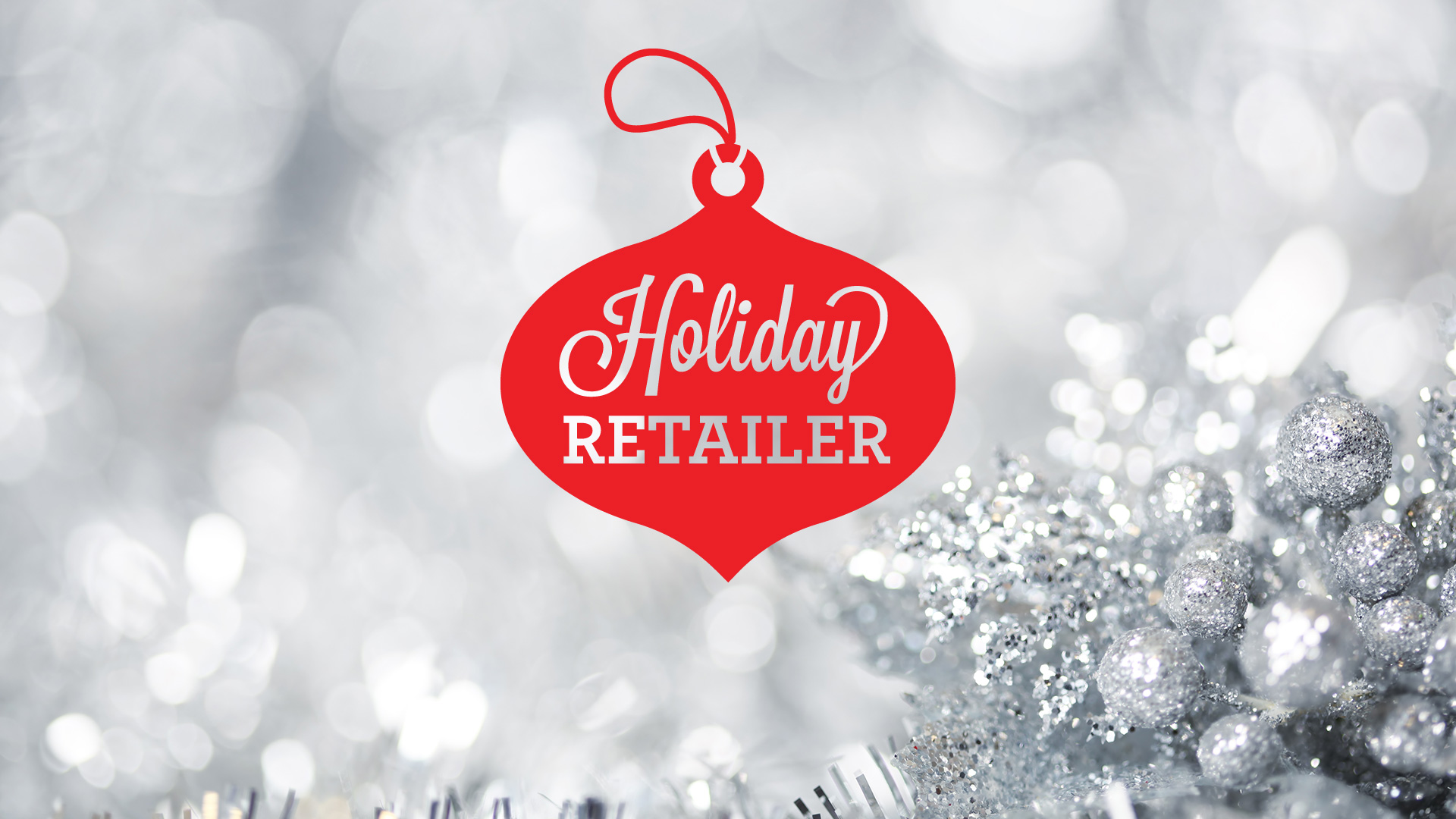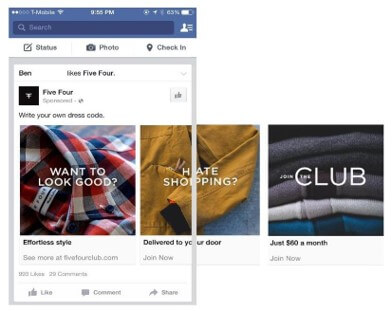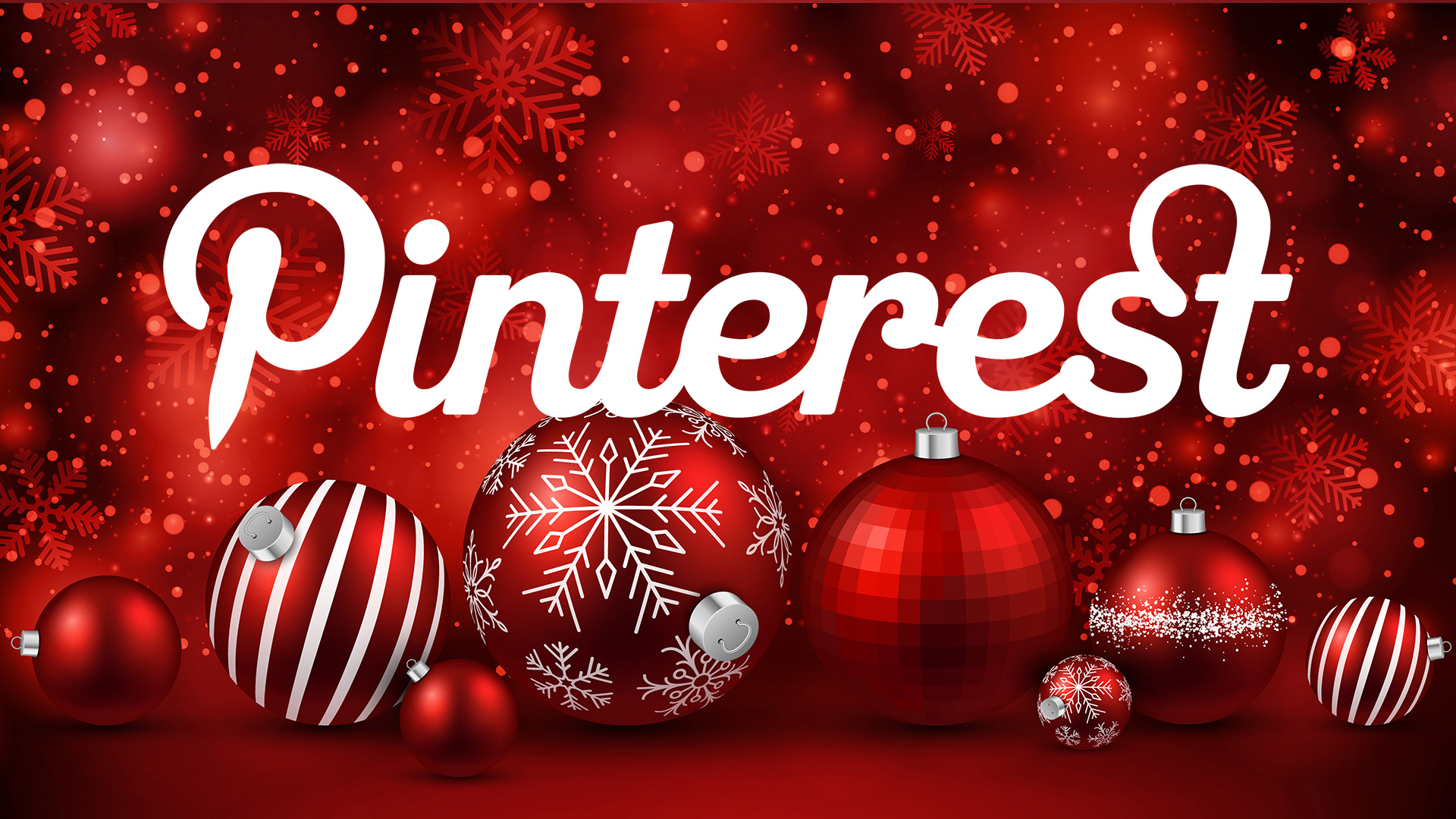 Social advertising in Q4 is expensive. Higher intent to purchase among holiday shoppers means that CPMs and CPCs (costs per thousand and costs per click) skyrocket because advertisers are all vying for those valuable consumer impressions. In social, you will feel these effects even if you’re not a holiday-based business, because good consumers will fall into audience targeting pools for all types of products and services.
Social advertising in Q4 is expensive. Higher intent to purchase among holiday shoppers means that CPMs and CPCs (costs per thousand and costs per click) skyrocket because advertisers are all vying for those valuable consumer impressions. In social, you will feel these effects even if you’re not a holiday-based business, because good consumers will fall into audience targeting pools for all types of products and services.
Knowing how to navigate the waters can mean the difference between a highly successful quarter and one that leaves you feeling that you’ve wasted spend. The key is advance planning and knowing where and when it makes sense for your brand to advertise October through December. With 40 percent of consumers reporting they will start holiday shopping before Halloween, the time to plan is right now.
With that in mind, here are 10 tips for executing a successful paid social strategy in Q4.
Tip #1: Q4 is the best time for optimizing your conversion flow
If you’re in retail or e-commerce, you will be driving more traffic from social ads (and other digital channels) in Q4 than at any other point in the year. This means that you will be able to test elements of your conversion funnel and achieve significance in a very short period.
Like everything in Q4, it’s best to start testing early on, so you have control going into the heavy spending days. Continue to iterate throughout the quarter; good can always be better, and every conversion counts.
Tip #2: Use Facebook as your testing ground
In my opinion, Facebook is the most consistent and predictable social platform to advertise on. Since “everyone” is on Facebook, it’s a good leading indicator of how consumers will react to visual aesthetics, offers, products, copy and so on.
Since we know that Q4 advertising will be expensive across all platforms, you can quickly burn through budget doing testing across social platforms. Consolidate your social tests on Facebook, and roll out the winning elements to other platforms.
Tip #3: December 5 and 12 will be big online shopping days
Of course, Black Friday, Cyber Monday and all of “Cyber Week” will be key days, but many advertisers aren’t aware that these other dates can be huge.
The two Mondays following Cyber Monday, in my years of e-comm/retail social advertising, are big volume drivers. Be prepared to capture the high intent of online shoppers on these dates, and set your bids and budgets accordingly.
Tip #4: Carousel ads must be a part of your strategy
Consumers are going to be bombarded with advertisements during Q4, both online and offline. You must effectively tell a compelling story or highlight a range of products and offers to captivate attention and garner clicks with your ads.
Facebook and Instagram’s carousel ads allow you to do just that. From a story-telling perspective, describe benefits rather than features of your product or service. For retailers, use carousel ads to entice digital “window shopping.”

Tip #5: Promote products with the highest volume of organic pins on Pinterest
Ultimately, you want to put your social ad dollars behind the products that are most likely to catch on and drive sales. Pinterest offers the unique ability to understand which of your products are already being pinned, liked and re-pinned in the wild.
Use these insights to inform which of your (likely) deep set of products are worth putting ad dollars behind. This increases the likelihood of product demand that you can primarily drive through Pinterest, even if the sale comes from another platform or channel.

Tip #6: Build quality audiences using video and Canvas ads
Social advertising in Q4 is heavily reliant on securing impression share to a qualified audience. Facebook’s video and Canvas ad units allow you to systematically push consumers through a sequential messaging approach.
When you run these ad types, you’ll have the option under “Audiences” in Ads Manager to create custom audiences that have engaged with your videos or Canvas ads. Going a level further, you can derive implied intent by only creating audiences off certain videos or Canvas units, or for those who have watched more than 75 percent of your video, for example.
Tip #7: Consider Snapchat to supplement TV spend
Notice I didn’t recommend advertising on Snapchat instead of TV? This is intentional, as it is October, after all, and TV buys are already set.
Also, Snapchat is newer to the performance social game, and you should approach it purely as a test. Being a first mover in the space is advantageous for this reason: The unique daily reach of 18- to 34-year-olds on Snapchat is 41 percent, vs. just six percent on traditional TV for the same demographic.
Tip #8: Everyone loves discounts
Love it or hate it, consumers have become accustomed to “never paying retail.” This is especially true in Q4, when advertisers look to out-discount one another to gain customer share.
It does not mean that someone is “cheap” or a “bad customer” on the sole basis of using a discount. Social shoppers are often savvier than the average consumer, knowing exactly where and how to get the best deals.
If your brand won’t allow for discounting throughout the season, I would at least recommend discounting on major days like Black Friday and Cyber Monday.
Tip #9: Consolidate “Black Friday Weekend” and “Cyber Week” on social
Any performance social advertiser knows that the key to a successful campaign is having enough time and data for ongoing optimizations. Leveraging a “Black Friday Weekend” strategy allows you to take what works on Black Friday and continue to push the effectiveness throughout the weekend.
Take that same approach and institute a “Cyber Week” campaign, rather than Cyber Monday, Cyber Tuesday or Web Wednesday.
Optimize and adjust your post-click landing page experience as needed instead of creating new campaigns that start over each day. You’ll save a lot of time and gain efficiencies.
Tip #10: Pull out all the stops! Or wait for Q1
If Q4 is your biggest quarter, you’ll need to put all your resources, creativity and analytical prowess on your social advertising efforts. Ease concerns by stating any guarantees you can (e.g., guaranteed delivery by or love it or return it).
Stress urgency while reaffirming the purchase (“It’s officially last-minute, but there’s still time!”). For brands without brick-and-mortar locations, stress benefits of buying online (Skip the mall! Delivered right to your doorstep).
Lastly, and possibly most importantly, know when it does not make sense for your brand to compete in Q4. If you do not see increased intent or LTV (lifetime value) from customers acquired in Q4, then it does not make sense to pay a premium during the holidays.
Instead, spend the time planning for Q1 and out-strategizing competitors. Advance planning is important, because while other advertisers may spend early Q1 planning their budgets, you’re already capitalizing on the less expensive social ad real estate.
Do you have any other tips to share to achieve social advertising success in Q4? Please share!
Some opinions expressed in this article may be those of a guest author and not necessarily Marketing Land. Staff authors are listed here.

